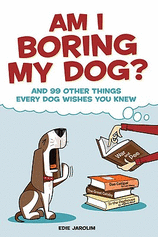
The entry begins:
I’m often asked how I would cast the movie version of Skykeepers, which is the third book in a sexy series about a group of magic-wielding warriors, called Nightkeepers, who must fight the demon creatures of the underworld to prevent the annihilation of mankind on the December 21, 2012 doomsday hinted at by the ancient Mayan calendar.Read an excerpt from Skykeepers.
First off, I’d far rather see it be a TV series than a movie. The interwoven storylines, intricate mythology and constantly developing arcs would be tough (imho) to pull off in a two-hour format, but would lend themselves to a (new) Battlestar Galactica-like gritty, character-driven TV series. With more sex. And, as was done in BSG with a few exceptions, I wouldn’t necessarily look to cast known faces in the roles.
Instead, I would look for non-headliner actors who evoke the various Nightkeepers, who are larger than life, sexy, charismatic and tough, with a warrior’s edge and an adrenaline junkie’s lust for adventure. But that isn’t to say that I don’t have a few faces in mind, or some pictures in my head when I write. For example, the Nightkeepers’ king, Strike, is...[read on]
For more information on the Keepers books, check out Jessica Andersen's website.
My Book, The Movie: Skykeepers.
--Marshal Zeringue









































